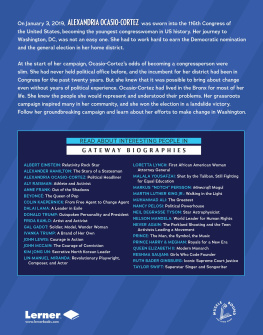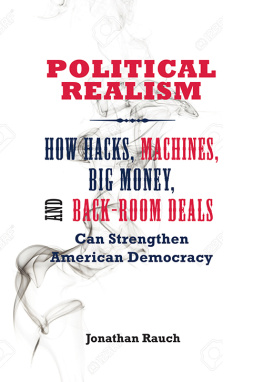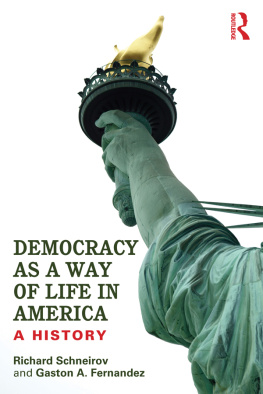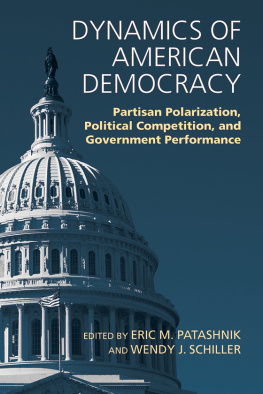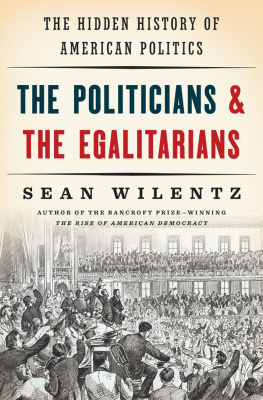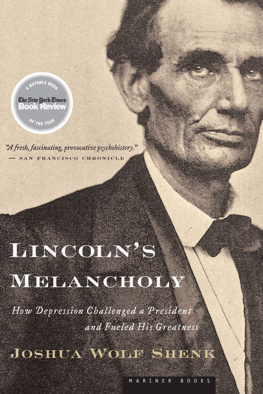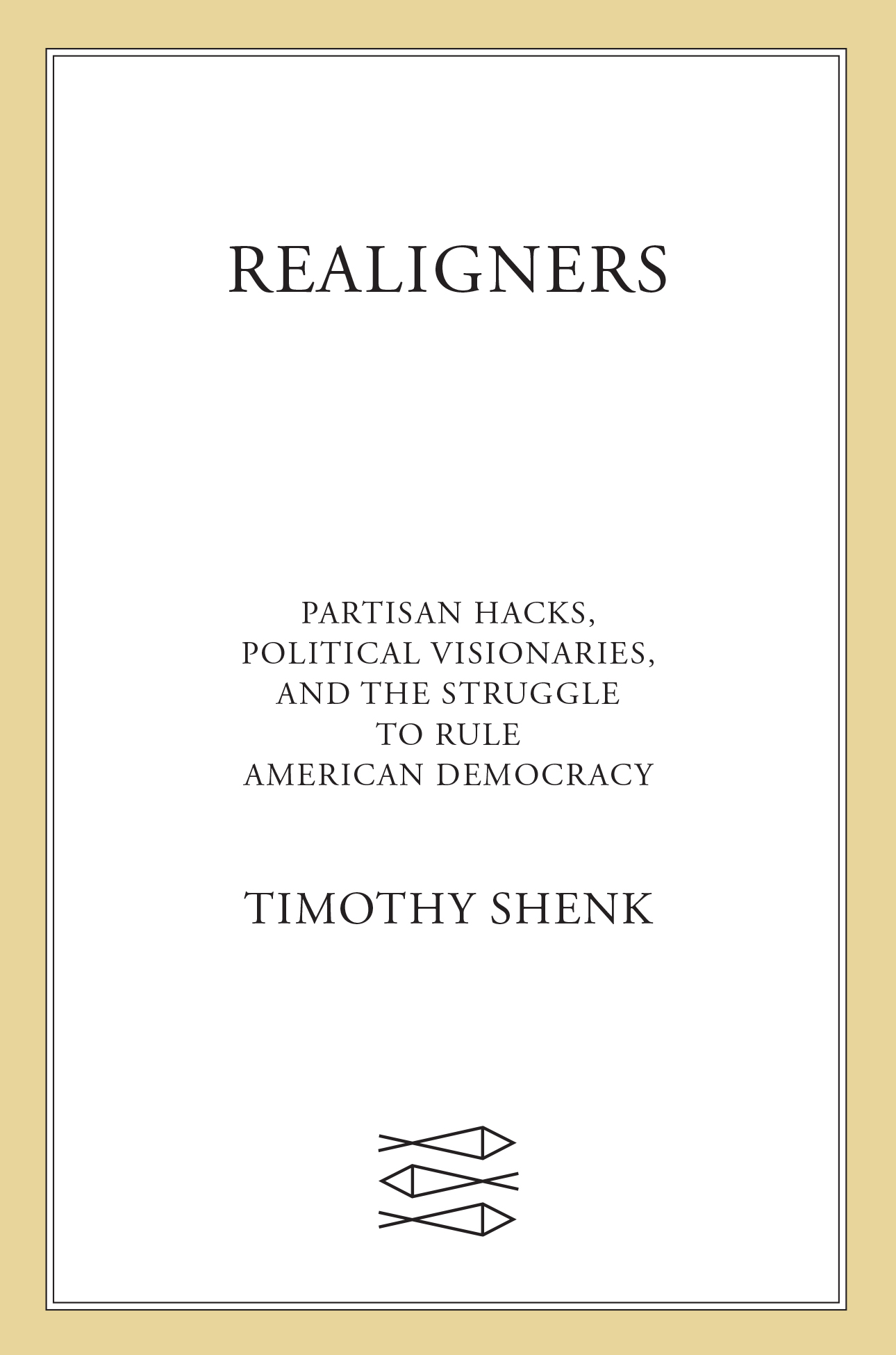Contents
List of Figures
Guide
Pagebreaks of the print version

The author and publisher have provided this e-book to you for your personal use only. You may not make this e-book publicly available in any way. Copyright infringement is against the law. If you believe the copy of this e-book you are reading infringes on the authors copyright, please notify the publisher at: us.macmillanusa.com/piracy.
For Renu, for everything
It turns out that success has a sound. I heard it a few years ago, shortly after moving to Washington, D.C., when I booked a table at the citys most popular French restaurant. Le Diplomateor Le Dip, as you were supposed to call ithad been making cameo appearances in Washingtons scandal du jour, this one starring a high-ranking politico who was being forced out of office because, among other sins, he had ordered his motorcade to use its sirens so that he wouldnt miss a reservation at his favorite brasserie.
Drawn in by the publicity, I decided to splurge on a meal. I expected to see waiters in crisp aprons gliding between tables, dispensing a never-ending supply of baguettes and foie gras mousse so light that it floated off the plate. Instead, I walked off the street into a wall of sound, paused for my eyes to adjust to the murky lighting, then glanced over tables filled with VIPs waiting for their beef bourguignon.
The noise was the result of a packed crowd and dreadful acoustics. But you could hear a thrum of self-satisfaction running underneath, a contented rumble that accompanied the clattering of silverware. Le Dip was the place where the middling ranks of the Washington establishmentlobbyists, consultants, journalists, congressional staffers, denizens of the administrative staterelaxed after a long day of power brokering. Now they were rewarding themselves with a night out, savoring a glass of red while scanning the room to see if any boldface names were in attendance.
A few months later I came across a document that brought me back to my evening at Le Dip. It was a petition written in the fall of 1776 by the freemen of Albemarle countyhome of Charlottesville and Thomas Jeffersons Monticelloto the Virginia General Assembly, where legislators were drafting a new state constitution. The authors explained that they were writing because, under Virginias system of government, all power is radically in the people. That is, in them.
But as the message went on, it became clear that even if the people were the root of the governments power, in practice they couldnt do much. If they could, the freemen of Albemarle would be designing a constitution themselves, not sending letters. A line ran between the public and the governing class, a line that set them apart even as it bound them together: the GREAT GOLDEN LINE, the petitioners called it, between the Rulers and the Ruled.
The history of American democracy is a history of arguments over where to draw the golden line between the rulers and the ruled. Thinking back to my glimpse of life on the other side of the golden line at Le Dip, I kept wondering: How did we get here?
Let me explain. As you might have noticed, the twenty-first century hasnt been going terribly well for the American political elite: a string of disastrous interventions abroad, the Great Recession and anemic recovery, the serialized outrages of the Trump era, then the bungled response to a pandemic that cost more American lives than the Civil War. Each failure is processed through a media infotainment complex that treats politics as part battle for the national soul and part blood sport. Add it all together, and you might decide that the country is careening toward a full-blown legitimacy crisis.
Except politics has also fallen into a grinding routine. For all their differences, Barack Obama and Donald Trump each campaigned on a political revolution they failed to deliver. The murder of George Floyd sparked the largest mass demonstrations in U.S. history, but the movement for police reform ran into a congressional buzz saw. Rioters intent on overturning an election stormed the Capitol, only to discover that they couldnt do more than delay the certification of Joe Bidens victory by a few hours. And when Biden took power, Democrats learned the dangers of promising a second New Deal without FDR-size majorities.
Which leaves us with the worst of two worlds, a system that feels like its both sliding into stagnation and teetering on the brink of a total meltdown.
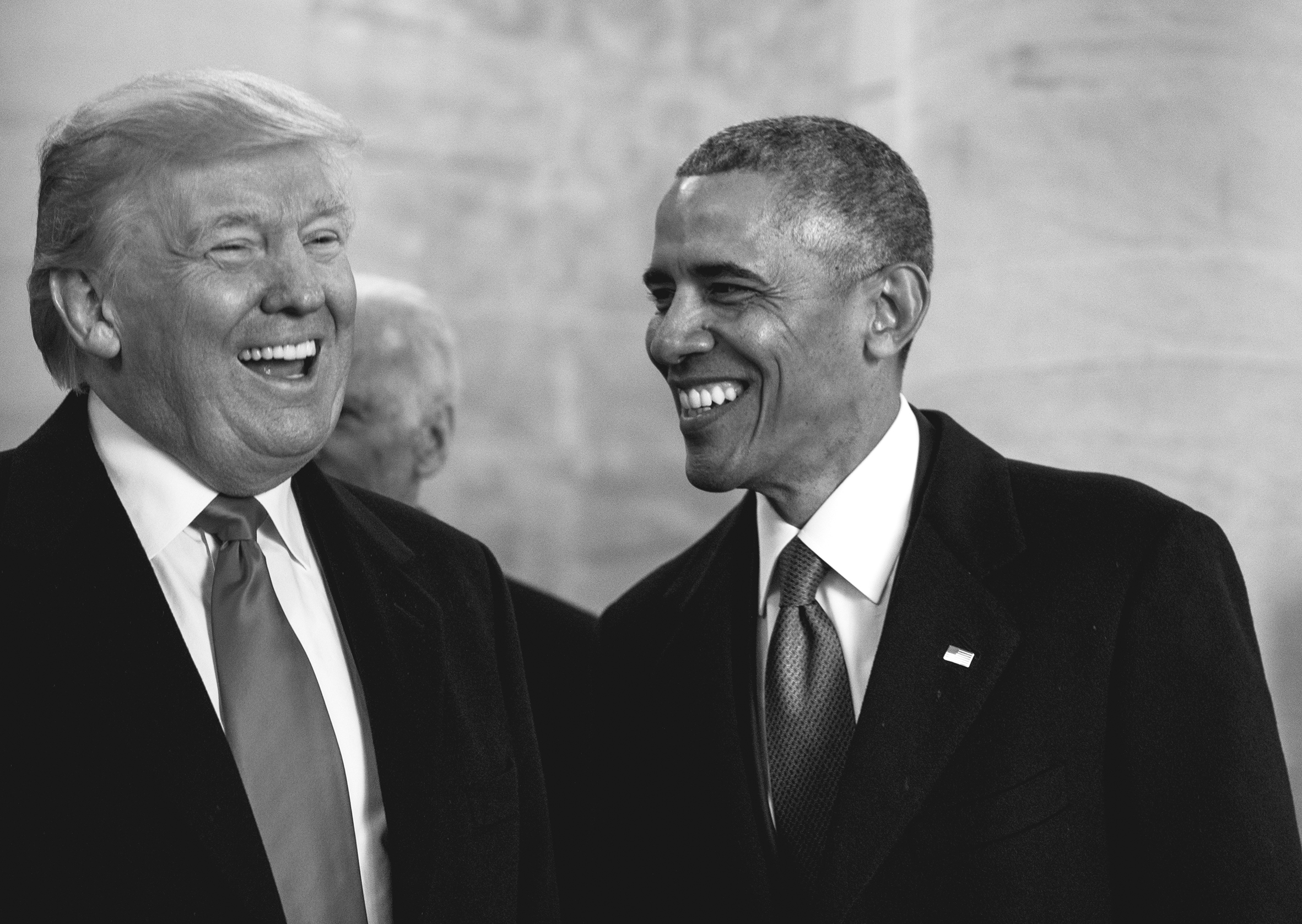
Make America Hope and Change Again?
Thats not the only strange fact about the contemporary political scene. For most of American history, one party has tended to dominate: Jeffersonians in the early republic; Democrats in the age of Jackson; Republicans during the era of the Civil War and Reconstruction, then again from the 1890s down to the Great Depression; and Franklin Roosevelts Democrats in the Depression and postwar years. But neither party has been able to put together an enduring majority since the collapse of the New Deal coalition. The last authentic landslide in the popular votedefined as winning by more than ten pointsoccurred when Ronald Reagan carried forty-nine states in 1984, and Reagans personal popularity didnt do his party much good. While the president was cruising to reelection, Democrats retained control of the House and picked up seats in the Senate.
Today, victories at FDRs scale are unimaginable, and revolts against the incumbent party are the norm, making it impossible for either coalition to form a stable majority. With national elections decided by wafer-thin margins, it becomes much more likely that control of Washington will fall to a party that didnt win a numerical majoritya president taking office without carrying the popular vote, a Senate chosen by a minority of the country. Meanwhile, the losing partys best shot at winning next time is to grind the system to a halt, betting that voters will blame the people running the show. More often than not, its a bet theyll win.
The peculiarities of American politics make the failure to win by decisive margins especially consequential. Almost every other democracy has more than two major parties. If nobody wins outright, elected officials bargain among themselves to form a coalition government. American politicians have to forge their majorities at the polls, and the numbers have to be huge if a campaign platform is going to survive the legislative gauntlet.
So the United States is unusual compared with the rest of the world because of its two-party system, and the country today is unusual compared with its historical norm because no coalition has a lasting hold on power.
This book starts from the premise that you cant understand American democracyfrom its origins in the eighteenth century down to the impasse it has reached todaywithout taking a close look at the people who have walked the golden line between the rulers and the ruled. They are the democratic elite, the portion of the ruling class whose authority derives, at least in theory, from the publics consent. And they have a power thats unique to modern democracies: the ability to form electoral coalitions that bind millions of people together in a single cause.
The rest of this book is about what the American democratic elite has done with that extraordinary power. Its a biography of American democracy told through its majorities, and the people who made them. The subject is worth paying attention to now because, over the long arc of American history, creating a new majority has been the single most effective way of breaking through political logjams of the kind were facing. There are plenty of visionary proposals out there for remaking society. Whats missing is a plan for building a coalition that could turn those dreams into reality.


